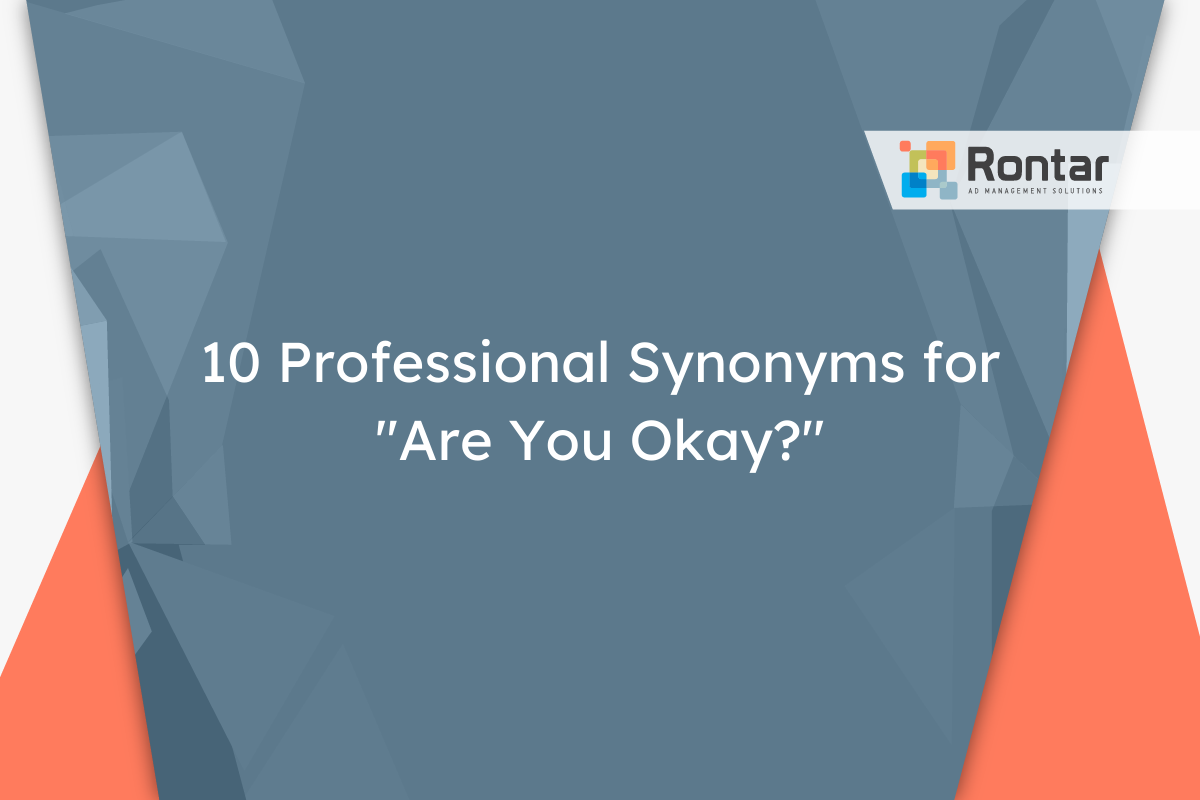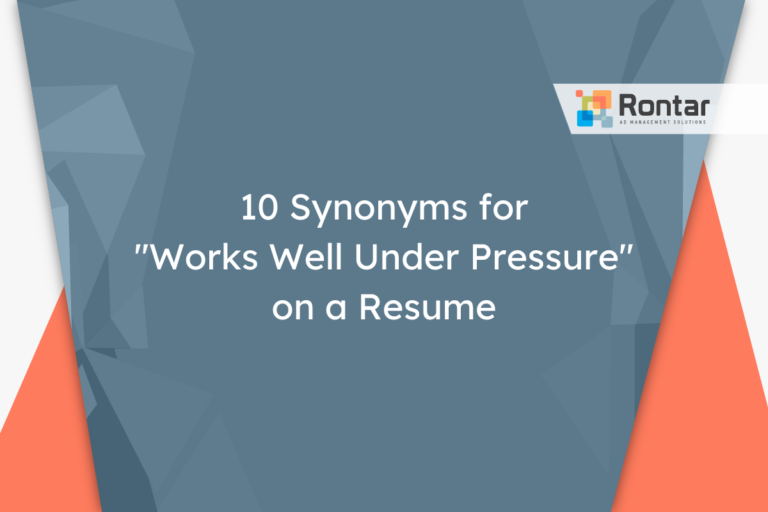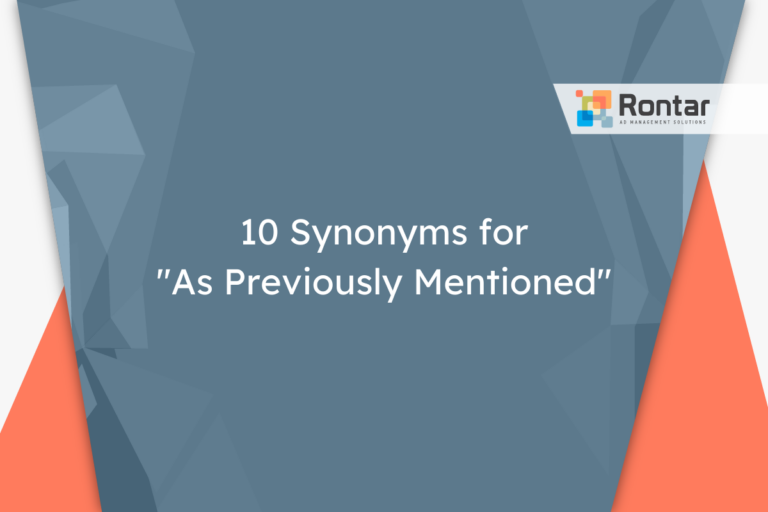10 Professional Synonyms for “Are You Okay?”

In the workplace, knowing how to ask someone if they’re okay is important. But saying “Are you okay?” might not always fit the professional setting.
This article lists ten different ways you can ask this question more appropriately at work. Each alternative is explained with examples to help you choose the right one depending on the situation.
Is It Professional to Say “Are You Okay?”
The phrase “Are you okay?” is seen as informal and polite, but its professionalism can vary depending on the context in which it is used. It’s ideal for use with colleagues you know well, friends, or family, rather than in strictly professional or formal interactions.
Here’s an example:
Hey Alex,
I noticed you seemed a bit quiet at the meeting earlier. Just wanted to check in and ask, are you okay? If you need someone to talk to, I'm here.
Best,
Sam
Pros:
- Shows empathy and concern for the individual.
- Opens up a line of communication for personal issues.
- Builds and strengthens rapport with colleagues.
Cons:
- May be considered too informal for certain professional contexts.
- Could make some people feel uncomfortable if there isn’t a close relationship.
- The recipient might not feel it’s the right place to discuss personal issues.
Sometimes, you might want to use an alternative phrase or synonym to “are you okay?” This could be because you’re seeking a more formal way to express your concern or because you’re addressing someone with whom you do not have a close relationship.
10 Other Ways to Say “Are You Okay?”
Finding the right words to express concern in a professional setting can be challenging. Here are ten common professional alternatives to “Are You Okay?” that strike a balance between caring and maintaining professionalism:
- Is everything alright?
- Can I help with anything?
- Do you need any support?
- Is there something you’d like to talk about?
- How are you feeling today?
- Are there any issues I can assist with?
- Would you like to discuss anything?
- Are you feeling comfortable with your current workload?
- Is there anything on your mind?
- Do you require any assistance?
1. Is everything alright?
This alternative offers a slightly more formal approach than the original phrase, yet remains polite and caring. It’s concise, making it an ideal synonym for professional settings.
We recommend this alternative in emails or messages where you’ve noticed a change in someone’s behavior or work quality. It’s suitable for addressing both colleagues and subordinates, ensuring the tone stays professional. This option is particularly apt for written communications but can also be used in person.
Example:
Dear Mark,
I've noticed you've been quiet during our last few meetings. Is everything alright?
Best regards,
Emily
2. Can I help with anything?
This question is a more direct offer of assistance, making it a polite and empathetic choice. It moves beyond merely asking about one’s state to offering practical support, which can be very appropriate in a professional context.
It works best when you are in a position to offer tangible help or know there are ongoing projects that might be causing stress. Suitable for use with team members, colleagues, or anyone you might have a mentorship role with, in both emails and face-to-face conversations.
Example:
Hi Rachel,
I noticed you seem overwhelmed with the project timeline. Can I help with anything?
Warmly,
Kate
3. Do you need any support?
Asking if someone needs support is formal, yet polite and shows a willingness to assist, making it an excellent synonym for expressing concern professionally.
This alternative is best suited for moments when you know there are specific challenges at play—such as tight deadlines or personal issues affecting work. It’s ideal for use with colleagues, employees, or managers, in emails, messages, or even during meetings.
Example:
Dear Jackson,
In light of recent project hurdles, do you need any support?
Kind regards,
Liam
4. Is there something you’d like to talk about?
Offering to listen with this phrase introduces a formal and polite way to open up a dialogue, without assuming what the issue might be.
It is especially useful in situations where you sense someone might be going through a tough time but hasn’t opened up about it. This phrase is perfect for professional emails or private conversations, aimed at peers or team members you share a good rapport with.
Example:
Hey Thomas,
You've seemed preoccupied lately. Is there something you'd like to talk about?
Cheers,
Sara
5. How are you feeling today?
This question adds a personal touch, making it< strong>polite yet ensuring it retains a professional tone. It centers on the individual’s feelings, making it a gentle way to check in.
We recommend using this alternative in a work environment where there’s a culture of openness about mental health and well-being. Suitable for messages or discussions with colleagues you’re familiar with. This approach shows care without being intrusive.
Example:
Hi Emma,
After yesterday's long session, how are you feeling today?
Best,
Nora
6. Are there any issues I can assist with?
This phrase is decidedly professional and polite, casting a broad net by focusing on issues rather than personal feelings. It suggests a willingness to help solve problems rather than delve into personal matters.
It’s highly suitable in professional emails or messages where you’re offering support to a colleague or a subordinate. This alternative can be particularly effective in managerial positions, indicating an open-door policy for discussing and resolving work-related challenges.
Example:
Dear Jordan,
I’ve noticed the delays on the project might be causing stress. Are there any issues I can assist with?
Regards,
Michelle
7. Would you like to discuss anything?
This option is both formal and polite, inviting a conversation without implying something might be wrong. It’s a good synonym for the original question because it respects boundaries.
This phrase is well-suited for professional settings where you want to offer an opportunity for dialogue, whether about work or personal matters, without making assumptions. It’s ideal for conversations with employees, team members, or even with a manager, in emails or in person.
Example:
Dear Cole,
I'm here if you need to talk. Would you like to discuss anything?
Sincerely,
Dana
8. Are you feeling comfortable with your current workload?
This question focuses specifically on work, making it a professional and polite way to discuss potential stress or overload. It directly addresses possible causes of concern in the workplace.
This alternative is particularly apt for discussions with team members or subordinates where workload could be an issue. It is best used in personal meetings or emails, allowing for an open discussion about work balance and responsibilities.
Example:
Hi Lucas,
Given the recent project ramp-up, are you feeling comfortable with your current workload?
Kindly,
Adrian
9. Is there anything on your mind?
A formal yet polite option, this phrase opens the door for a wider range of discussions, not just work-related. It’s an effective synonym for showing concern without presuming what the issue might be.
Recommended for use in professional settings where you’ve established a level of trust and openness with the recipient. It works well in both written and verbal communications, especially with close colleagues or team members.
Example:
Hey Zoe,
I'm available if you need to talk. Is there anything on your mind?
Warm regards,
Alex
10. Do you require any assistance?
This is the most formal alternative in the list, still maintaining a polite demeanor. It is an appropriate synonym for offering help in a clear, professional manner.
Suitable for any professional situation, especially when addressing someone in a different department or a higher position. This phrase works well in emails, professional messages, or during formal meetings, offering a non-intrusive way to show support.
Example:
Dear Leslie,
In preparing for the upcoming audit, do you require any assistance?
Regards,
Grant
Final Thoughts
Choosing the right way to ask if someone is okay at work can make a big difference. Whether through email or face-to-face, the alternatives provided offer a range of options to suit various professional situations. It’s about balancing professionalism with empathy to show concern without overstepping. These alternatives can help foster a supportive workplace environment where people feel comfortable discussing their needs.






